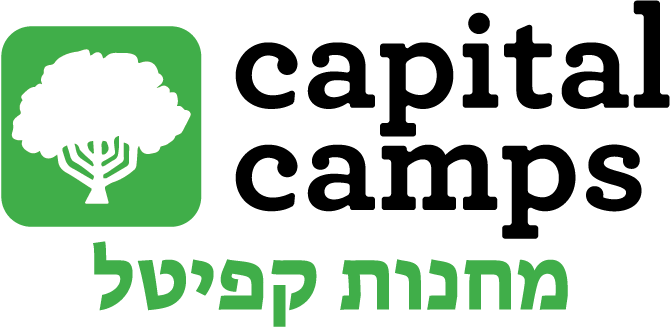Hi everyone! My name is Chloe Brandwin, and I’m this year’s Reich Village Leader. This is my 13th summer at camp and my 4th on staff.
Throughout my years at camp, I have always found that one of the most meaningful parts of the camp experience is the way campers build strong relationships with one another and their staff. One of the best examples of this is cabin time, which happens every night. During cabin time, counselors lead a special activity designed just for the campers in their bunk. It can be anything from high-energy games like talent shows and karaoke to more reflective experiences like stargazing or guided discussions.
What makes cabin time so valuable is that it gives campers a chance to connect in a smaller group setting. These moments help strengthen friendships, build trust, and provide space for campers to be themselves. Campers get to feel seen and heard, and counselors are able to shape the time to meet the group’s unique needs and interests.
Cabin time also helps reinforce shared expectations and positive group culture. Whether through team-building games or meaningful conversations, counselors use this time to ensure the bunk community remains a respectful and supportive space for everyone.
While so much of camp is about coming together in large, vibrant communities, cabin time offers a chance to slow down and deepen connections. These smaller moments often leave the biggest impact and that’s what makes them such an important part of the day.
Camp has shaped who I am in so many ways, and I know that the connections campers form here will stay with them long after the summer ends.
